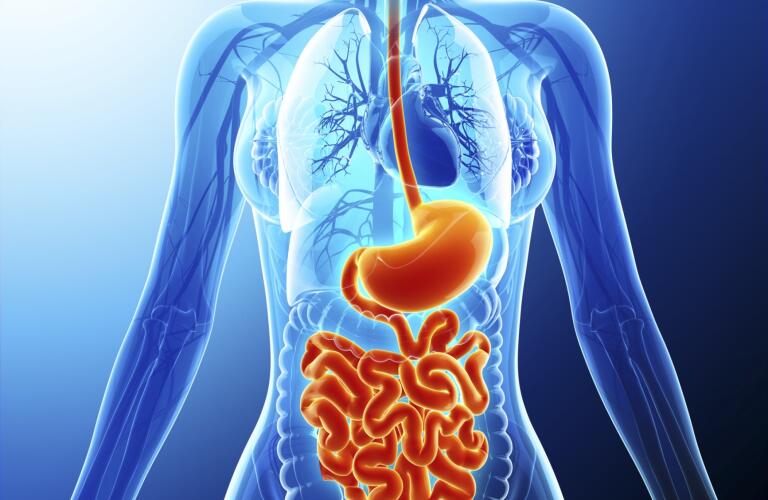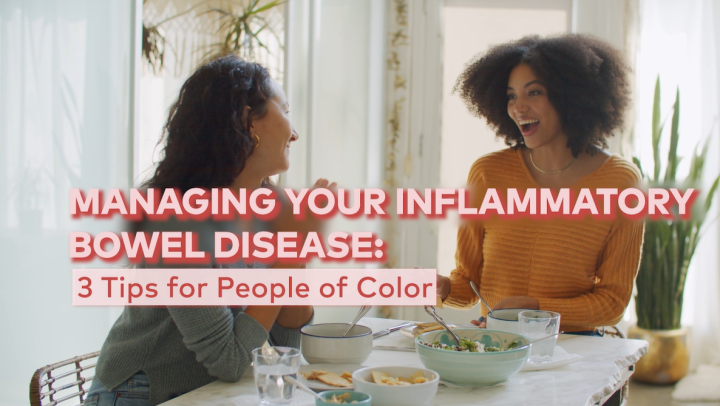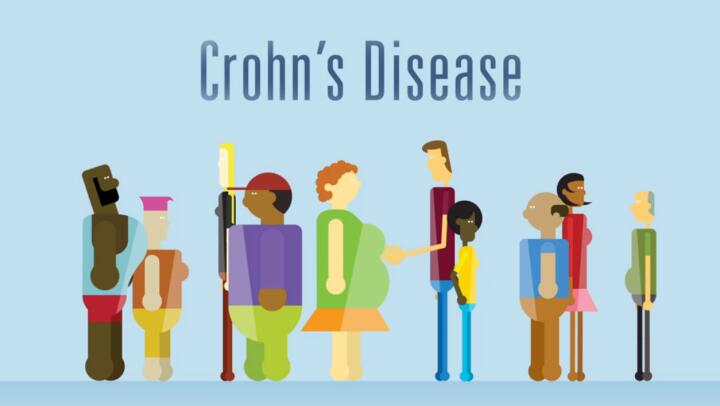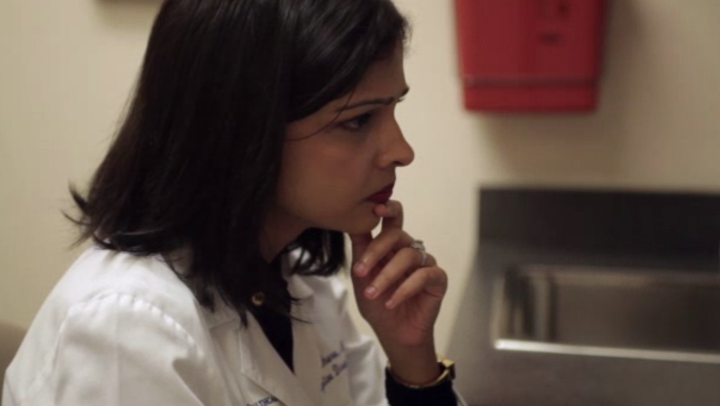
Many conditions can cause problems during digestion. Chronic pain in the belly is one warning sign that something is wrong. Nagging symptoms, such as bloating, gas and diarrhea are others. They're all reasons to see a gastroenterologist. These doctors are trained to treat conditions that affect the organs of the digestive tract, including the esophagus, stomach, colon, pancreas and liver. If you notice any of the telltale symptoms, it may be time to check in with a gastroenterologist.
Heartburn
Heartburn is pain or burning in the chest or throat. It occurs when acid from the stomach backs up into the esophagus. That's the tube that connects the mouth to the stomach. Many people get heartburn now and then. It goes away on its own or with over-the-counter medicines. But, symptoms that occur more than twice a week could be a sign of a more serious problem: gastroesophageal reflux disease (GERD).
GERD develops when acid from the stomach irritates the lining of the esophagus. GERD is more common among people who smoke or are overweight. Pregnant women also are apt to develop the condition. Medication is available to treat GERD. Severe cases may need surgery. Untreated GERD can cause more serious problems, including chronic inflammation in the esophagus and breathing problems.
Gallstones
Gallstones are small, hard nuggets that form in the gallbladder, a small organ in the belly. A gallstone can be as tiny as a grain of sand or as big as a golf ball. Some people have one large stone. Others develop multiple stones of different sizes. Sudden pain on the right side of your abdomen could be a gallstone. Pain from gallstones passes once they move. Gallstones develop because of imbalances in the substances that form bile. That's the digestive liquid made by the liver. Doctors don't know why these imbalances occur.
Obese people and pregnant women are more likely than others to have gallstones. Having gallstones also becomes more common with age. Anyone who has had one gallstone is at risk for another. Many people who develop gallstones have surgery to remove their gallbladder. In some cases, medications can dissolve the stones.
Lactose Intolerance
People who develop uncomfortable symptoms after drinking milk or eating dairy products may be lactose intolerant. Lactose is a sugar found in milk. The body produces the protein lactase to help break down milk products, including cheese and yogurt.
But, people with lactose intolerance don't make enough lactase to fully digest even small portions of these foods. This can lead to bloating, belly pain, diarrhea, gas, and upset stomach. Symptoms usually appear up to two hours after eating dairy. They can range from mild to severe. Gastroenterologists can test for lactose intolerance. Treatment may involve dietary supplements and changes to your diet.
Celiac Disease
Celiac disease is a genetic condition that involves the immune system. People with the disorder must avoid eating gluten. Gluten is a protein in wheat, rye and barley. It may also be found in certain medicines, vitamins and supplements. When people with celiac disease eat gluten, their immune system responds by damaging their small intestine. This can cause pain and diarrhea. A blood test can help diagnose celiac disease. A gastroenterologist may also need to examine a sample of the small intestine to look for damage.
Celiac disease is not the same as gluten sensitivity. The conditions share common symptoms. The main difference is that people with gluten sensitivity don't develop damage in their small intestine. Completely avoiding gluten can ease symptoms of celiac disease and gluten sensitivity. You may need additional treatment for intestinal damage.
Inflammatory Bowel Disease
Sometimes, a person's immune system mistakes food and other substances in the digestive tract for dangerous germs. It acts against healthy tissue by mistake. This causes inflammatory bowel disease (IBD). IBD includes several disorders that trigger chronic inflammation in the digestive tract. The small and large intestines become irritated and swollen, causing severe belly pain, diarrhea, and rectal bleeding, as well as symptoms that seem unrelated, such as fatigue, joint pain, and fever. Symptoms may ease up and then return during a flare.
The most common IBDs are ulcerative colitis and Crohn's disease. Ulcerative colitis affects the large intestine. Crohn's disease affects anywhere along the digestive tract. Blood tests, tissue or stool samples, X-rays, and CT scans help doctors diagnose IBD. So does endoscopy. That involves checking the inside of the intestines with a scope that has a specialized camera.
Treatment may include medication, surgery, and lifestyle changes, including taking steps to avoid stress. IBD is not the same as IBS, or irritable bowel syndrome. Some symptoms are similar, but IBS does not cause damage in the digestive tract from inflammation.
Colon Cancer Screening
A gastroenterologist can look for signs of certain diseases, such as colon cancer, even if you don't have symptoms. For a colonoscopy, for instance, the doctor will insert a thin tube with a tiny camera into the rectum to see the inside of the colon. Also, imaging scans and stool samples can help diagnose cancer.
Colon cancer usually develops from abnormal growths on the colon or rectum. Finding these growths early lets doctors remove them before they have a chance to become cancerous. Early detection and diagnosis of cancer saves lives. By the age of 50, all people should start getting regular screenings for colon cancer.



























